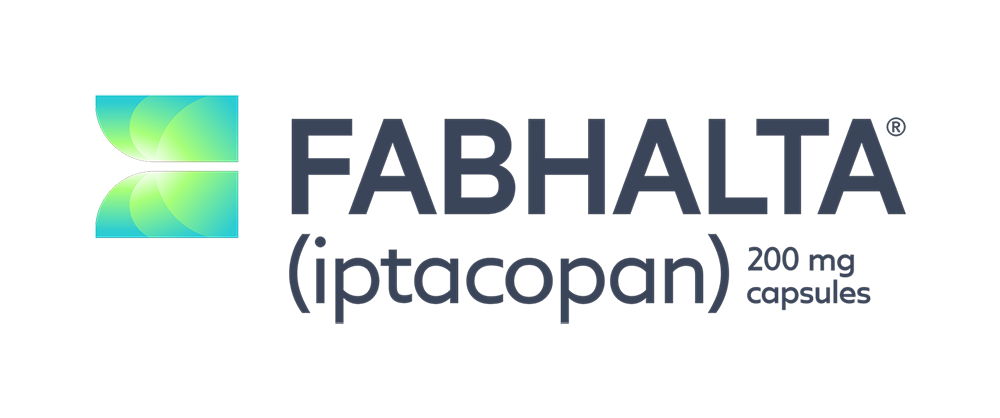
SAFETY & SIDE EFFECTS
Vaccinations needed before starting FABHALTA
What is the most important information I should know about FABHALTA?
FABHALTA affects part of your immune system and may lower your ability to fight infections.
Certain vaccinations help protect you from the risk of serious infections while you are taking FABHALTA®.
FABHALTA increases your chance of getting serious infections caused by encapsulated bacteria, including Streptococcus pneumoniae (pneumonia), Neisseria meningitidis (meningitis), and Haemophilus influenzae type b. These serious infections may quickly become life-threatening or fatal if not recognized and treated early.
If you have been vaccinated against these bacteria in the past, you might need additional vaccinations before starting FABHALTA. Your health care provider will decide if you need additional vaccinations.
*Some vaccines may require more than 1 dose, so it's important to know how many doses you need for each vaccine.
If you have not completed your required vaccinations, you have 2 options:
Option 1
If you have not completed or updated your vaccinations before starting FABHALTA:
- Complete or update your required vaccinations
- Wait at least 2 weeks
- Begin treatment with FABHALTA
Option 2
If FABHALTA needs to be started right away, but you haven't completed or updated your vaccinations, you should:
- Begin treatment with FABHALTA and antibiotics. You will take these antibiotics for as long as your health care provider tells you
- Continue to complete or update required vaccinations as soon as possible
While taking FABHALTA, you should be revaccinated according to current medical guidelines for encapsulated bacteria. Your health care provider or Novartis Patient Support can help you locate vaccinations.
Vaccines do not prevent all infections caused by encapsulated bacteria.
Call your health care provider or get emergency medical care right away if you have any of these signs and symptoms of a serious infection:
Fever with or without shivers or chills
Fever with chest pain and cough
Fever with high heart rate
Headache and fever
Confusion
Clammy skin
Fever and rash
Fever with breathlessness or fast breathing
Headache with nausea or vomiting
Headache with a stiff neck or stiff back
Body aches with flu-like symptoms
Eyes sensitive to light
Safety profile of FABHALTA
The most common side effects of FABHALTA in adults include:
Headache
Nasal congestion, runny nose, cough, sneezing, and sore throat (nasopharyngitis)
Diarrhea
Pain in the stomach (abdomen)
Infections (bacterial and viral)
Nausea
Rash
Because of the risk of serious infections, FABHALTA is only available through a Risk Evaluation and Mitigation Strategy (REMS) program that requires vaccinations.
.
FABHALTA may cause serious side effects, including increased cholesterol and triglyceride (lipid) levels in your blood. Your health care provider will do blood tests to check your cholesterol and triglycerides during treatment with FABHALTA. Your health care provider may start you on a medicine to lower your cholesterol if needed.
Tell your health care provider about any side effect that bothers you or that does not go away. These are not all of the possible side effects of FABHALTA.
Call your health care provider for medical advice about side effects. You may report side effects to FDA at www.fda.gov/medwatch ↗, or call 1-800-FDA-1088.
